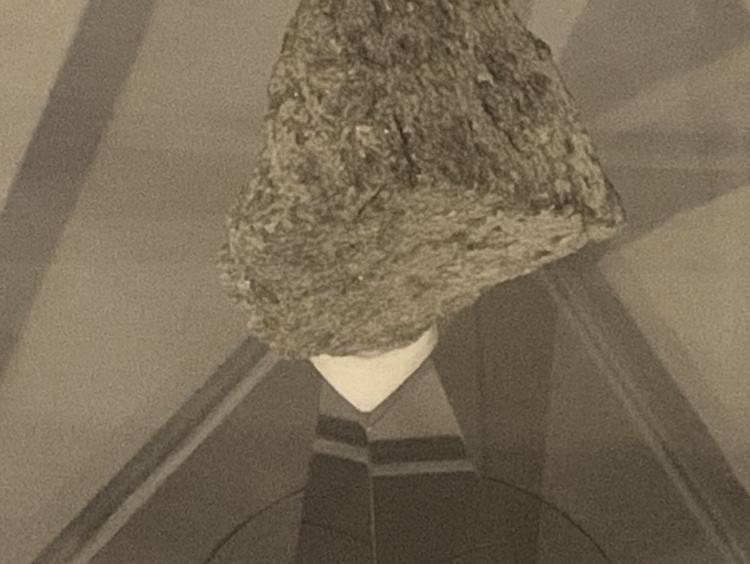WHO WE ARE
The West Who Space and Planet Exploration Agency (SPEA) works to develop programs and activities involving science and technology that support the priorities of the Government of the Republic of West Who. SPEA directs its resources and activities in four key areas: Space Awareness, Earth Observation, Space Science and Exploration, Satellite Communications.
SPEA supports the NASA Student Launch program which is a research-based, competitive, experiential exploration activity. It strives to provide relevant, cost-effective research and development of rocket propulsion systems for young people.
NASA Student Launch Program https://www.nasa.gov/stem/studentlaunch/home/index.html
Space Program https://www.youtube.com/watch?v=xU1HQr7BWqg
In addition to its core mission of Space Awareness, Earth Observation, Space Science and Exploration and Satellite Communications, SPEA is committed to contributing to international efforts to advance the study of space. The agency has participated in conferences on space exploration and collaborates with others to promote space exploration and increase public awareness of space activities. SPEA also leverages its resources to sponsor and participate in space-related events and initiatives, such as the Micronation World Space Summit. Through these activities, the agency is able to make a significant impact on the study of space.
Chinese Space Center
West Who Foreign Minister Michael Farr visits Chinese Space Center while on diplomatic mission to China.

The history of space exploration in China stretches back to 900 A.D., when innovators in the country pioneered the first basic small rockets. China did not participate in the space race of the mid-20th century between the United States and Russia, but China had begun to pursue space travel by the late 1950s. The China National Space Administration sent the first Chinese astronaut into space in 2003 and China has landed a lunar rover on the dark side of the Moon.
The CSNA has several satellite launch centers throughout China. The country's first spaceport is located in the Gobi Desert in the city of Jiuquan. Jiuquan is used to launch satellites and other vehicles into low and medium orbits. The first Chinese astronauts traveled to space from Jiuquan in 2003.

Space Rock
This Moon rock was displayed at the Nixon Presidential Library fifteen miles from West Who.
This lunar rock was brought back to earth by astronauts from the Apollo 15 mission to the Moon in 1971. The rock is 3 billion years old. Apollo 15 was the fourth mission to land men on the Moon. This mission was the first to use the Lunar Roving Vehicle which astronauts used to explore the geology of the Hadley Rille/Apennine region of the Moon. The Lunar Rover allowed Apollo 15, 16 and 17 astronauts to venture further from the Lunar Module than in previous missions.
West Who Astronaut in Russia
Astronaut Ron Hall visits Russian Space and Technology Museum in St. Petersburg

Astronaut Ron Hall led a delegation from West Who on a visit to the Museum of Cosmonautics and Rocket Technology in St. Petersburg, Russia which traces the history of the development of rocket technology in the Soviet Union and Russia and its space program. Among the exhibits, are a number of historic rocket engines, as well as a Soviet era re-entry capsule, cosmonauts' space suits and space satellites.
Pictured on the left is Astronaut Ron Hall in a Russian Space Suit and below is Laika the first dog in space.


Flown in Space Name Patch given to Director
West Who Space Director Kevin Farr received a name patch that was flown on the International Space Station circling the globe 5408 times before it was brought back to Earth on a SpaceX Dragon spacecraft. The Space Agency said this is the first item related to West Who to have flown in outer space.

Micronations in Space
https://drive.google.com/file/d/1NWC03MmFNhM_P8W02P-HM6k7M3CgAd-7/view?usp=sharing
Minister of Citizen Affairs John Farr's speech at MicroCon2022 on Micronations in Space. The talk focuses on West Who's Space Agency and it efforts to contribute to space exploration and education.

